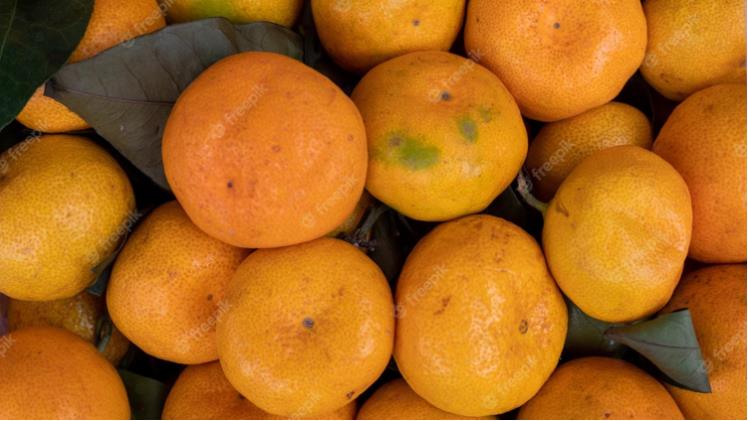Are you tired of waking up with a puffy face every morning? Do you struggle to reduce the swelling on your face, even after trying multiple remedies? Look no further than quercetin, a natural compound found in many fruits and vegetables. Quercetin has been shown to have anti-inflammatory properties that can help reduce facial swelling and promote healthy skin. In this article, we will explore the benefits of quercetin and how it can be incorporated into your daily routine.
Introduction to Quercetin and Its Benefits
Quercetin is a flavonoid that is commonly found in plant foods such as apples, onions, and berries. It has been studied extensively for its health benefits, including its anti-inflammatory and antioxidant properties. Quercetin has been shown to reduce inflammation in the body, which can help with a variety of health conditions, including allergies, arthritis, and heart disease. Additionally, quercetin has been shown to promote healthy skin by reducing inflammation and protecting against UV damage.
Understanding Puffy Face and Its Causes
Facial swelling, also known as edema, can be caused by a variety of factors, including allergies, sinus infections, dehydration, and hormonal changes. Puffy face can also be a side effect of certain medications or medical conditions, such as kidney or liver disease. In some cases, facial swelling can be a sign of a more serious condition and should be evaluated by a medical professional.
How Quercetin Reduces Facial Swelling
Quercetin has been shown to reduce inflammation in the body, which can help reduce facial swelling. Inflammation is a natural response to injury or infection, but chronic inflammation can lead to a variety of health problems, including edema. Quercetin works by inhibiting the production of inflammatory molecules in the body, which can help reduce swelling and promote healing.
The Science Behind Quercetin and Its Anti-Inflammatory Properties
Quercetin has been studied extensively for its anti-inflammatory properties. According to a study published in the Journal of Medicinal Food, quercetin has been shown to inhibit the production of inflammatory cytokines in the body, which can help reduce inflammation and promote healing. Additionally, quercetin has been shown to reduce oxidative stress, which can contribute to inflammation and cell damage.
Foods That Contain Quercetin
Quercetin is found in many plant foods, including apples, onions, berries, and leafy greens. Other sources of quercetin include capers, broccoli, and black tea. Eating a diet rich in quercetin-containing foods can help reduce inflammation in the body and promote healthy skin. Additionally, consuming a variety of fruits and vegetables can help provide essential vitamins and minerals that are important for overall health.
Supplements and Products with Quercetin for Puffy Face
In addition to consuming quercetin-containing foods, there are also supplements and products that contain quercetin for puffy face. Quercetin supplements are available in pill or powder form and can be found at most health food stores. Additionally, there are skincare products that contain quercetin, such as serums and creams, that can help reduce facial swelling and promote healthy skin.
Quercetin and Skincare: How It Benefits the Skin
Quercetin has been shown to have a variety of benefits for the skin. According to a study published in the Journal of Drugs in Dermatology, quercetin has been shown to reduce inflammation and protect against UV damage. Additionally, quercetin has been shown to improve skin elasticity and reduce the appearance of fine lines and wrinkles. Incorporating quercetin into your skincare routine can help promote healthy, youthful-looking skin.
Tips for Incorporating Quercetin into Your Daily Routine
There are many ways to incorporate quercetin into your daily routine. Eating a diet rich in quercetin-containing foods is a great way to get a daily dose of this powerful compound. Additionally, taking a quercetin supplement or using skincare products that contain quercetin can help promote healthy skin and reduce facial swelling. It is important to talk to your healthcare provider before starting any new supplement regimen.
Precautions and Potential Side Effects of Quercetin
While quercetin is generally considered safe, there are some potential side effects to be aware of. High doses of quercetin can cause stomach upset, headaches, and dizziness. Additionally, quercetin can interact with certain medications, including blood thinners and chemotherapy drugs. It is important to talk to your healthcare provider before starting any new supplement regimen.
Conclusion
Quercetin is a natural compound found in many fruits and vegetables that has been shown to have anti-inflammatory properties. Incorporating quercetin into your daily routine can help reduce facial swelling and promote healthy skin. Whether you choose to eat a diet rich in quercetin-containing foods, take a quercetin supplement, or use skincare products that contain quercetin, incorporating this powerful compound into your routine can help you achieve a healthy, youthful-looking complexion. Talk to your healthcare provider to determine the best way to incorporate quercetin into your daily routine.

